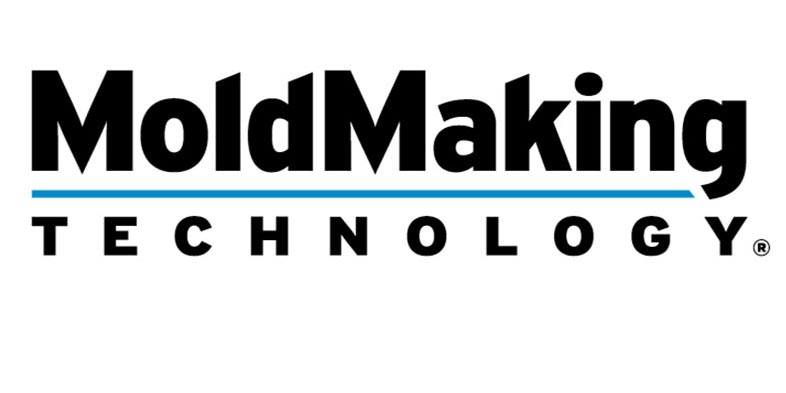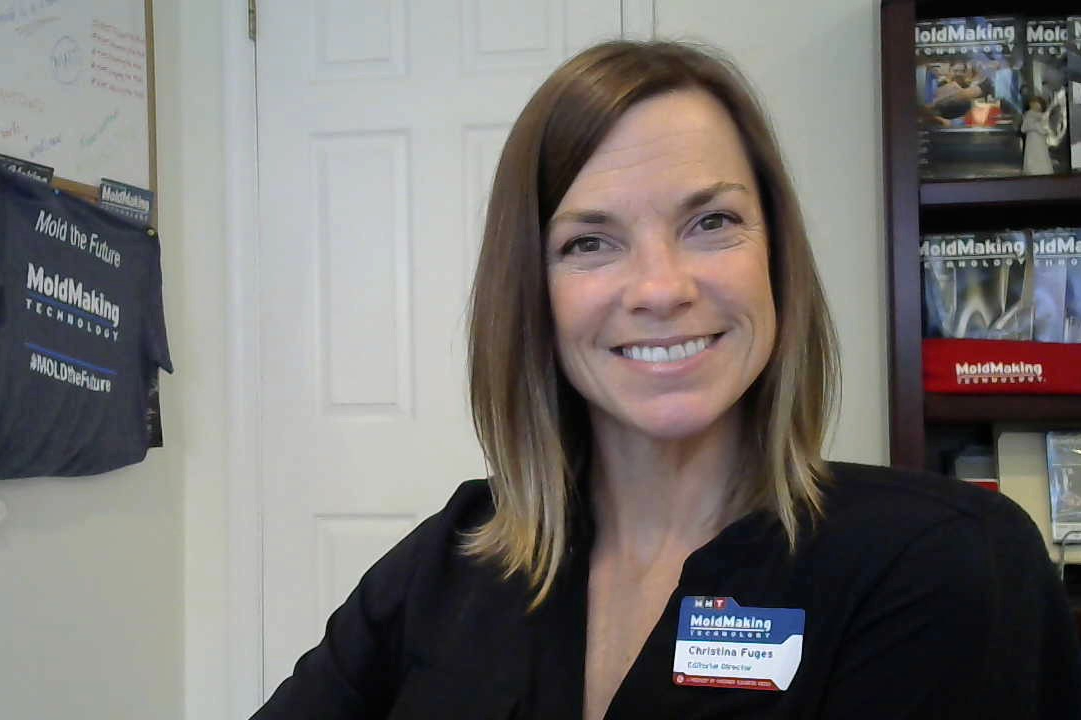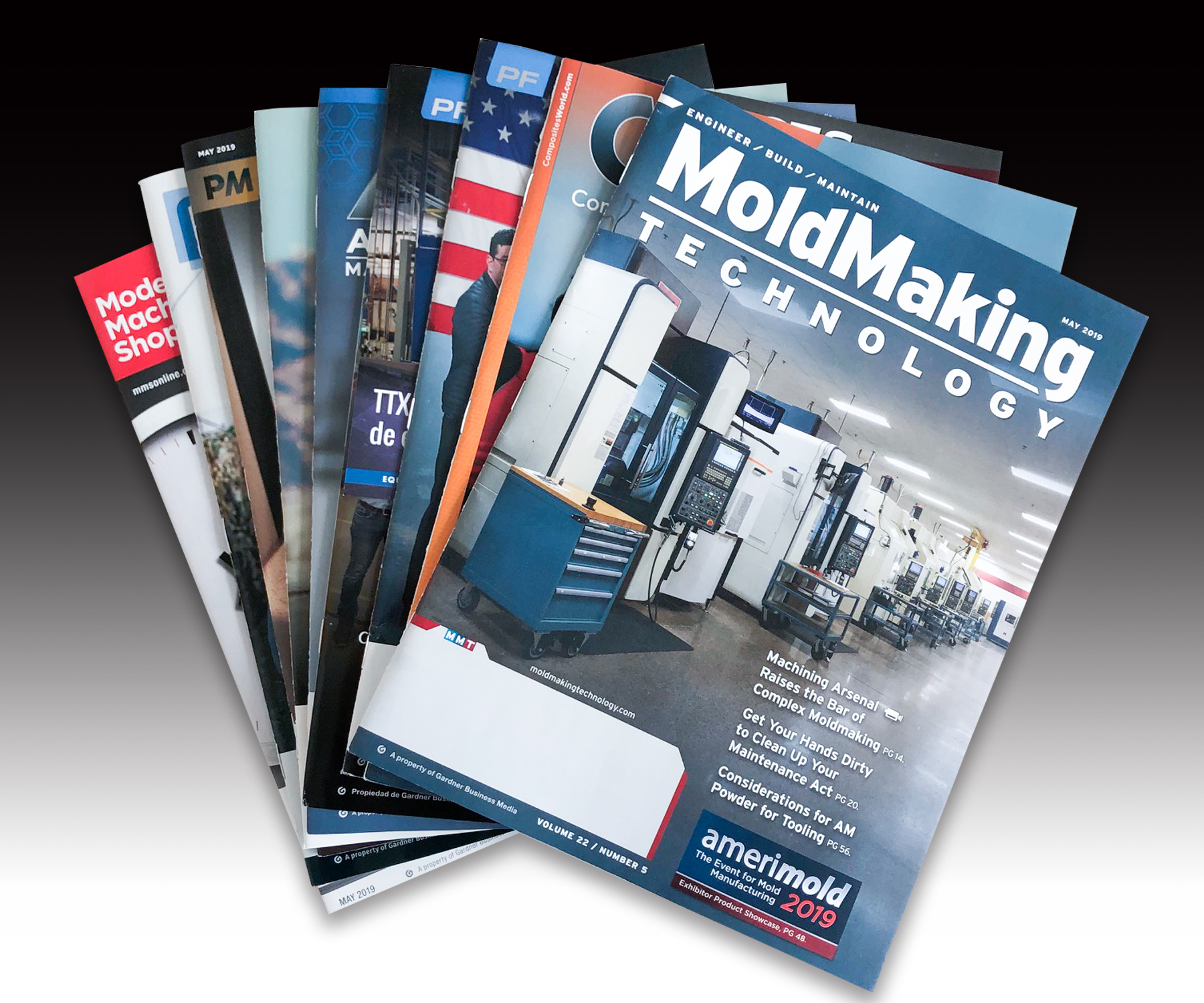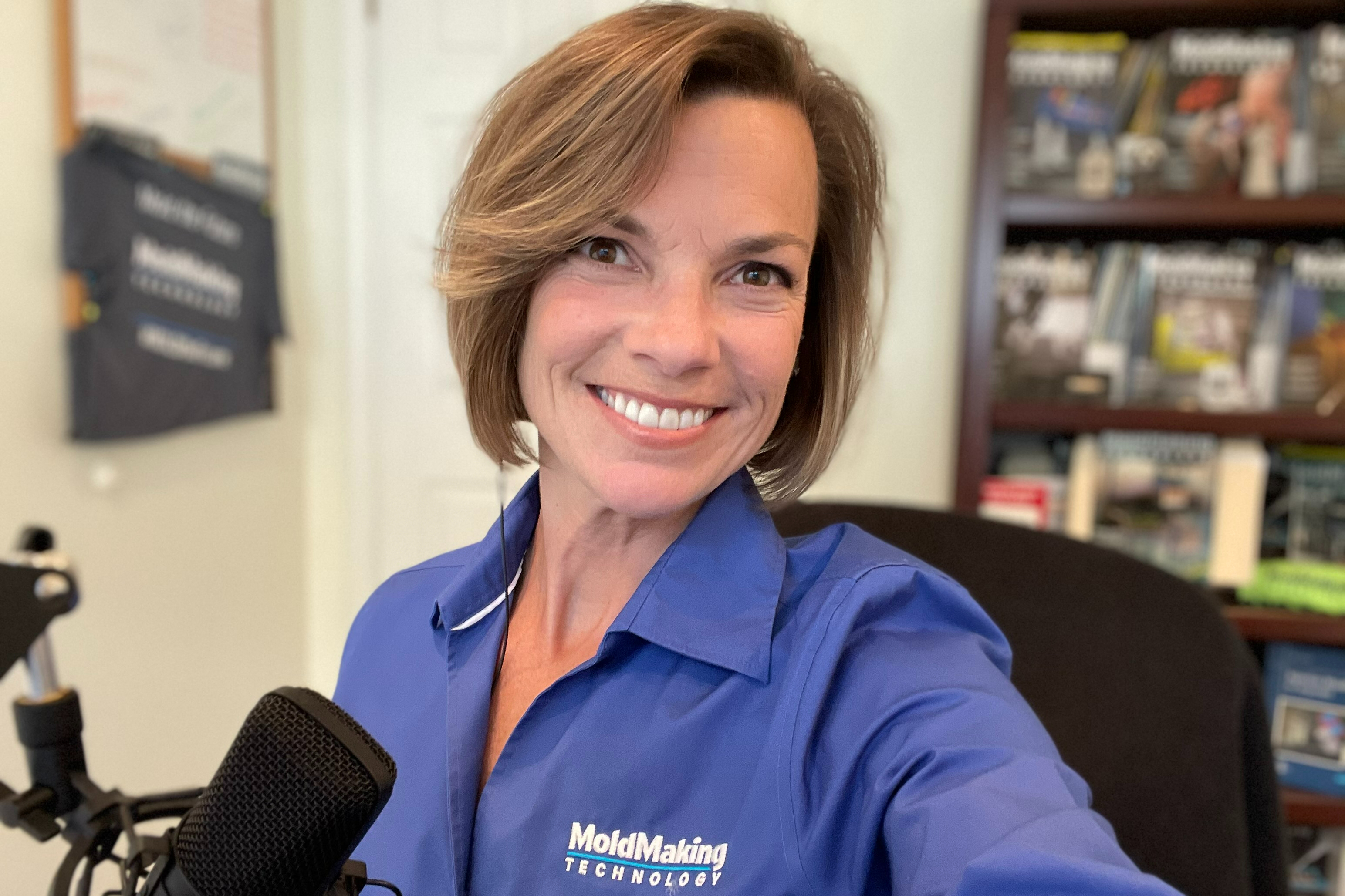AMBA Calls Members for Comment Submission During Tariff Review
The imposing of a 25% tariff of molds, tooling and dies imported from China is under review by the U.S. government.
#regulations
Edited by
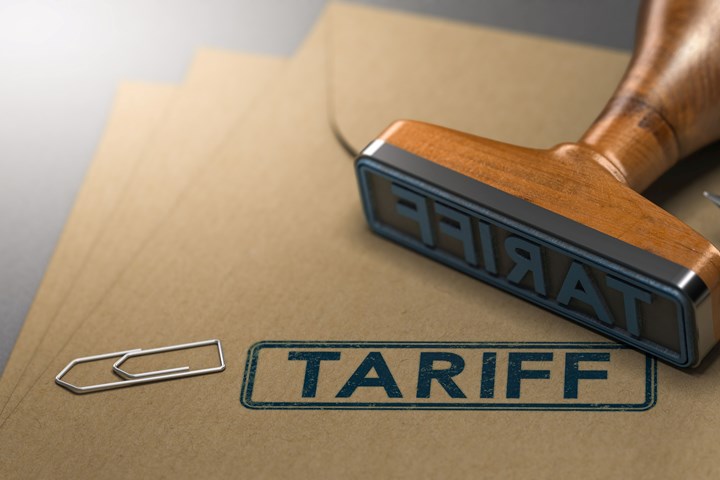
Photo Credit: Getty Images
The American Mold Builders Association (AMBA) called its members to action and asked them to file comments with the Office of the U.S. Trade Representative (USTR) asking that it not lift the 25% tariff of molds, tooling and dies imported from China. USTR is accepting public input during its statutorily required review of the tariffs.
In July 2018, the U.S. government imposed a 25% tariff on imported plastic injection molds from China; however, it granted a 12-month exclusion from the tariffs for U.S. importers on December 28, 2018. In December 2019, USTR permitted the exclusion to expire, following receiving more than 150 public comments from American mold building companies calling for the reinstatement of the 25% tariff on the molds, which appear on List 1 under the Section 301 tariff action.
“American mold builders are mobilizing to keep the Section 301 tariffs in place on Chinese-made plastic injection molds as part of the continuing battle to strengthen manufacturing in America and the domestic supply chains,” Kym Conis, AMBA managing director, says. “As we have consistently demonstrated, U.S. mold manufacturers have the capability, capacity and willingness to meet the needs of the U.S. manufacturing industry, and these tariffs play a critical role in leveling the playing field so that they can continue to do so.”
This is not the first mobilization and call-to-action submitted by AMBA to its membership. Over the summer of 2022, AMBA members generated almost one in five of all the comments filed with the USTR to retain tariffs on Chinese imports. As the USTR conducts its full review, members are heeding AMBA’s call to once again step up and make their voices heard.
“All of the data from AMBA’s recent surveys, including its ‘2022 State of the Industry Report,’ clearly indicates that the Section 301 tariffs have been beneficial to American mold manufacturers,” Conis reports. “Within our membership alone, half indicated earlier this year that they have gained re-shored work after the enforcement of these tariffs, while nearly three quarters reported anticipating either immediate or future negative impact on their removal. Given that current capacity utilization remains only at 72%, we anticipate both percentages to rise in the coming months should the tariffs remain in place.”
AMBA members began filing formal comments upon the USTR docket’s opening on Nov. 15, 2022, and the comments provide the opportunity to continue to weigh in with the Biden administration as it accepts stakeholder input through Jan. 17, 2023.
RELATED CONTENT
-
Hasco India Receives Award for Plastics, Polymers
Hasco India received the “Best Plastics & Polymers Brand 2022” award at the presentation of The Economic Times’ brand awards.
-
AddUp, WBA Investigate Additive Manufacturing for Moldmaking Tooling Study
The additive manufacturing (AM) tooling study focused on six select companies, offering them the opportunity to test the introduction of AM and specifically implement the technical and economic advantages of AM technology for their injection molds.
-
Manufacturing Industry Optimistic Despite Market Challenges According to Study
This study conducted by Harbour Results Inc. in February 2023 collected feedback from approximately 320 manufacturing facilities.
.jpg;maxWidth=970;quality=90)

